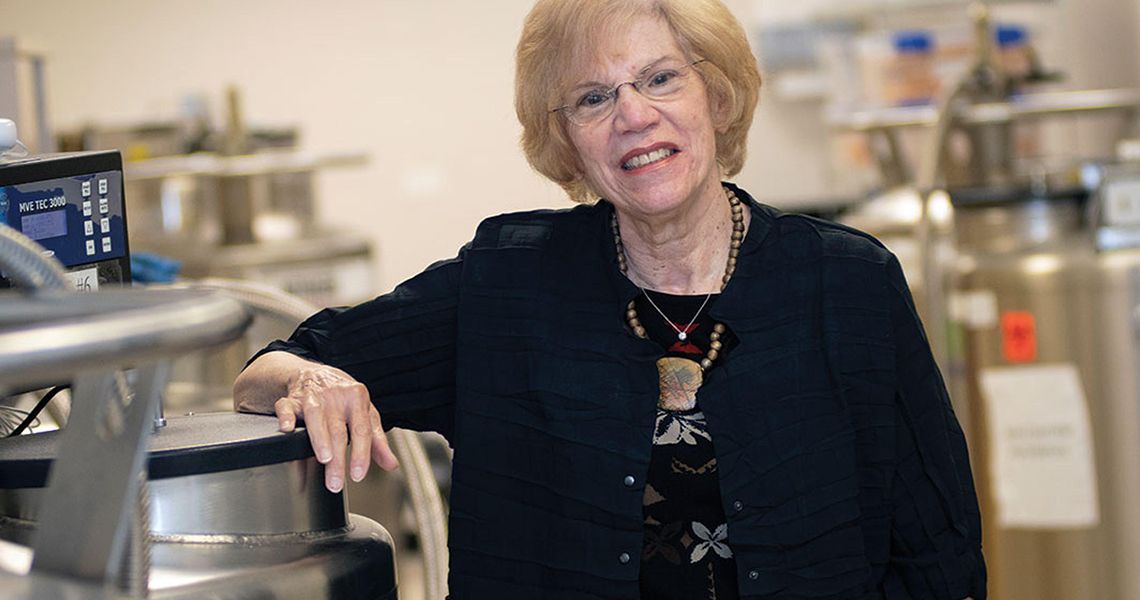HIV/AIDS currently affects more than 35 million people worldwide. Infection with HIV is associated with a wide range of long-term health complications, including the development of cancer, which is a major cause of death among individuals living with HIV. The AIDS and Cancer Specimen Resource (ACSR), the largest collection of annotated HIV malignancy specimens globally available to researchers, has received renewed grant funding, with the George Washington University (GW) serving as the primary site for the next five years. The renewal includes a $22 million grant from the National Institutes of Health.
The ACSR was established in 1994 through a cooperative agreement with the National Cancer Institute (NCI) and is overseen by principal investigators from the two legacy sites, GW and the University of California, San Francisco. The ACSR also includes consortia at Baylor Medical College; Mayo Clinic in Scottsdale, Arizona; and Stellenbosch University in Cape Town, South Africa.
“Through this grant, we are working to acquire, store, and equitably distribute tumor tissues and biological fluids from individuals with HIV-associated malignancies to meet the biospecimen needs of researchers studying HIV-associated malignancies," said Sylvia Silver, DA, director of the GW Biorepository and professor of microbiology, immunology, and tropical medicine at the GW School of Medicine and Health Sciences.
As part of the award, Silver, one of the principal investigators on the project, will serve as the director of the AIDS Malignancy Clinical Trials
Consortium (AMC) Biorepositories. The AMC, which is funded by the NCI, engages more than 250 clinicians and conducts clinical trials in the United States, sub-Saharan Africa, and Latin America. Currently, the AMC biorepositories are located at GW for U.S. domestic trials and at Stellenbosch University for African trials.
During the grant cycle, Silver will assist NCI in the selection of a new ACSR site in Latin America to support AMC clinical trials in the region. In early 2014, Silver worked closely with her South African counterparts to provide quality management expertise and advice on best practices as Stellenbosch University prepared to launch the sub-Saharan African biorepository.
The GW Biorepository has served as a comprehensive, state-of-the-art resource for biospecimen processing, storage, and disbursement, designed to help today’s leading investigators facilitate their research. In 2019, the GW Biorepository earned designation as a core facility and accreditation by the College of American Pathologists.
The GW Biorepository is one of seven core facilities - along with the Biostatistics Center, Flow Cytometry Core Facility, GW Biomarker Discovery and Analysis Core Facility, McCormick Genomic and Proteomic Center, Nanofabrication and Imaging Center, and the Research Pathology Core Labs. These facilities offer a range of services, including cutting-edge technologies and high-end instrumentation coupled with research technical support for university investigators.




